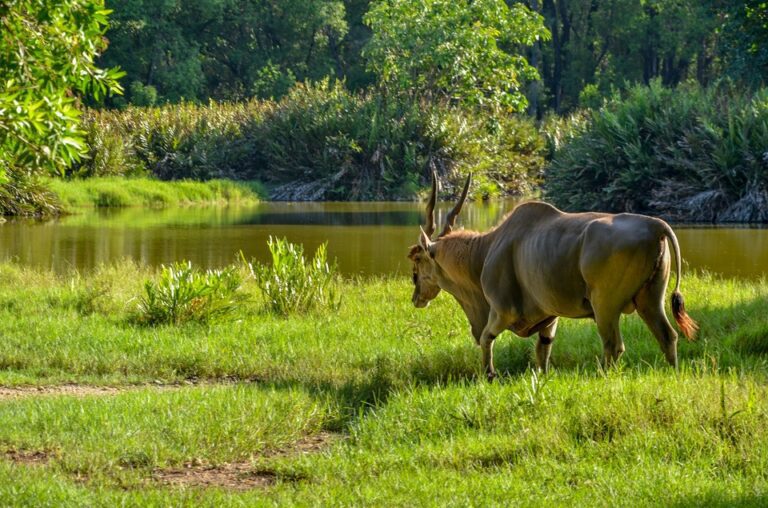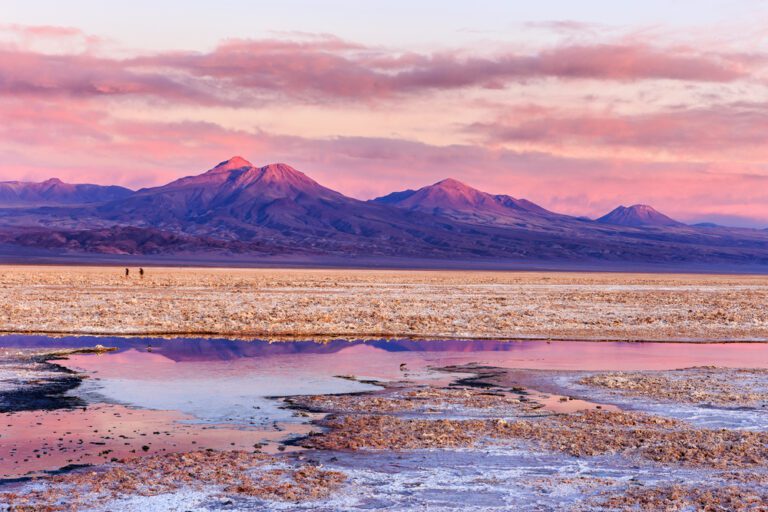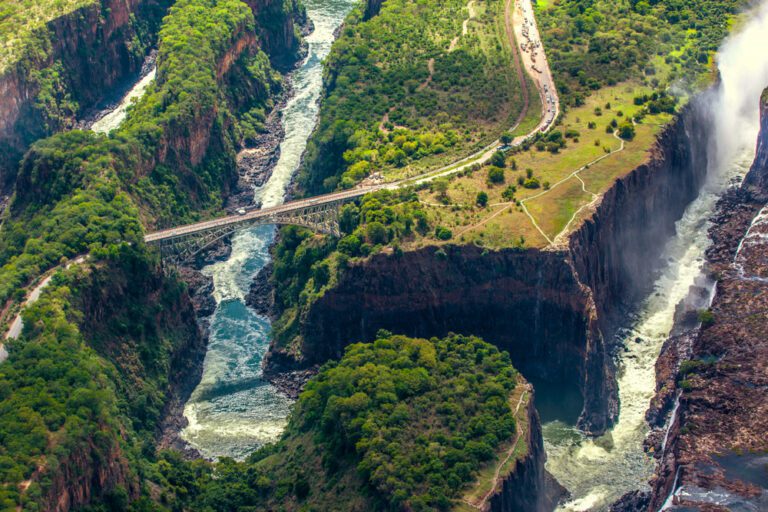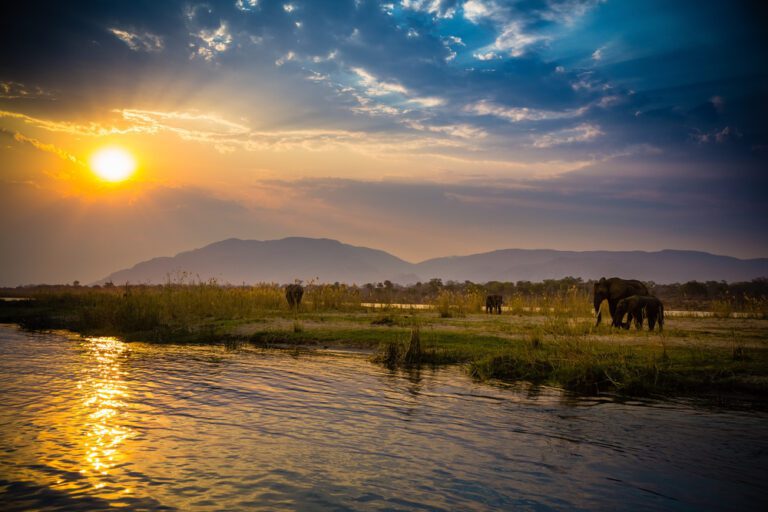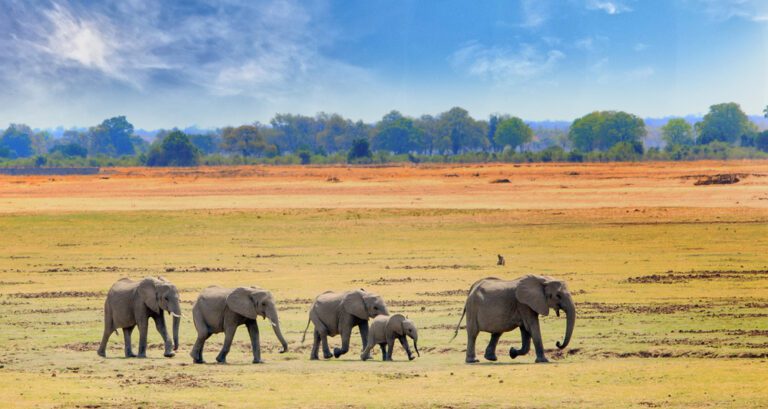As the 4×4 bounced along a rutted dirt track, I gazed through swirling dust at an untamed landscape: cork trees, parched chaparral bushes, outcrops of golden rock. Fernando Romao, our guide and driver, pointed out short-toed eagles wheeling overhead as the vehicle lurched up a dry trough, engine roaring. In the front passenger seat, Simon Collier, a former safari guide from South Africa, wore a broad grin. “This is what Land Rovers are made for!”
We were in eastern Portugal’s Coa Valley, a four-hour drive from Lisbon. It had taken only an hour to get from the medieval fortress town of Castelo Rodrigo, where I’d spent the morning, to the heart of the 2,200-acre Faia Brava Nature Reserve. Having reached higher ground, we parked and strode across a patch of earth strewn with bones: a feeding spot for vultures. On the periphery stood a small, camouflaged observation shelter. I spent a sweltering hour inside watching dozens of the scavengers circle, their six-foot wingspans silhouetted against the powder-blue sky.
I was still under the spell of their slow, corkscrew loops when, a little later, we came upon a group of wild Maronesa cattle. A massive bull, black as night, paused to glower at us before thrashing away into thorny underbrush. These undomesticated bovines couldn’t have been more different from the tranquil animals I grew up around in New England. Later, on our way back to the safari-style tented camp where I was sleeping that night, we stopped to observe a herd of wild horses—unfenced, unfriendly, evidently belonging to no one—grazing in the late afternoon sun. I didn’t see another visitor in the park all day.
When we think about the world’s wild places, our minds typically turn to the South American rainforest or the savannas of Africa; we don’t usually picture Europe. Faia Brava, which was established as a nature reserve in 2000, was a working farmland for centuries, but a consortium of environmental activists believes it can become truly wild again. It is a laboratory for ‘rewilding,’ an environmental philosophy that has gained traction in Europe over the past decade.


